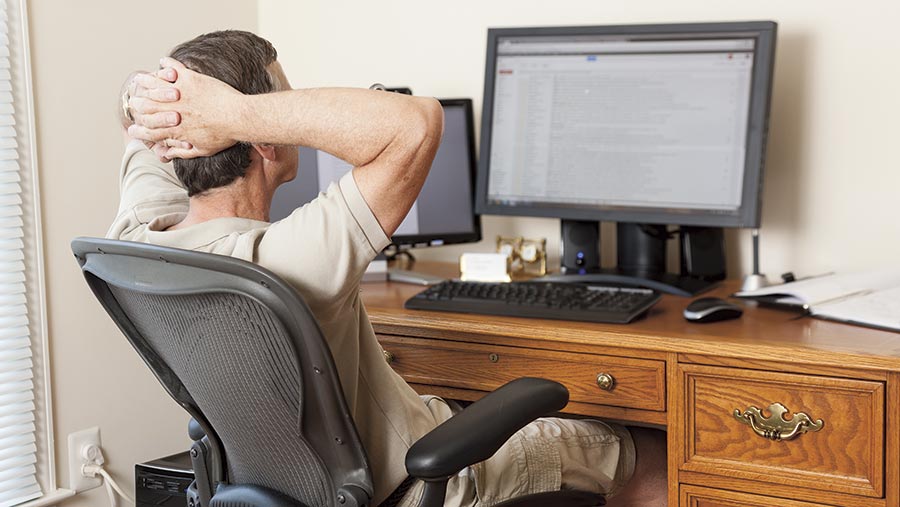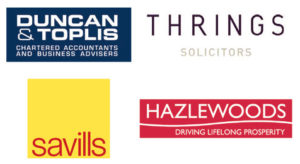Business Clinic: Profits down, but income tax up

Whether you have a legal, tax, insurance, management or land issue, Farmers Weekly’s Business Clinic experts can help.
Here, Mark Chatterton of accountant Duncan & Toplis advises on fluctuating profits and tax bills.
Q. I have just had a huge shock about how much tax I have to pay at the end of January. My profit was far lower last year, but I am now faced with a larger tax bill. Can this be correct?
A. Unfortunately it probably is. I have assumed some numbers from typical farm accounts to illustrate the position.
 Mark Chatterton
Mark Chatterton
Duncan & Toplis
At 5 April 2016, your accounts profit was £37,000 with a £38,000 depreciation charge added back.
You bought machinery totalling £45,000, so your taxable profit was £30,000, as capital allowances of £45,000 were claimed.
This gave you a tax liability of £3,880, which you had paid in January and July 2016.
Therefore, your only payment in January 2017 was your first payment on account amounting to £1,940.
See also: Will CGT be due on sale of shared farmhouse?
For 5 April 2017, your accounts profit reduced to £20,000 with a depreciation charge of £30,000 and no machinery purchased.
This gave you a taxable profit of £50,000, which was considerably higher than that of the previous year. Your liability for the year was £9,200. You made payments on account in January and July 2017 of £1,940 each.
This meant a £5,320 balancing payment and a first payment on account for next year of £4,600, totalling £9,920 due for payment by 31 January 2018.
The reason for these higher income tax bills is the fact that yours and many farmers’ tax pool is now zero. The 100% first year allowance has ensured tax profits have been less than accounting profits for a number of years.
This has helped, as tax bills have been lower, but in a year when no machinery purchases are made, there are no capital allowances to claim.
The annual investment allowance (AIA) has fluctuated since its introduction in 2008, but now stands at £200,000/year a business. So most small businesses that spend no more than this will get a 100% capital allowance in the year machinery is purchased.
Our advice is to ensure you discuss your business tax computation as well as your annual accounts every year.
This means you will be better informed about potential future income tax liabilities. In a year when machinery is bought, not all the capital allowances need to be claimed, as a business can disclaim some.
This will enable a balance to be retained on the pool and 18% writing-down allowances can be claimed in the following year if no machinery purchases are planned.
This will smooth the taxable profit situation and could also avoid going into the higher rates of tax.
Farmers’ averaging claims, which now cover five as well as two years, should also be looked at to further optimise your tax position.
Do you have a question for the panel?
 Outline your legal, tax, finance, insurance or farm management question in no more than 350 words and Farmers Weekly will put it to a member of the panel. Please give as much information as possible.
Outline your legal, tax, finance, insurance or farm management question in no more than 350 words and Farmers Weekly will put it to a member of the panel. Please give as much information as possible.
Send your enquiry to Business Clinic, Farmers Weekly, RBI, Quadrant House, The Quadrant, Sutton, Surrey SM2 5AS.
You can also email your question to fwbusinessclinic@rbi.co.uk.
